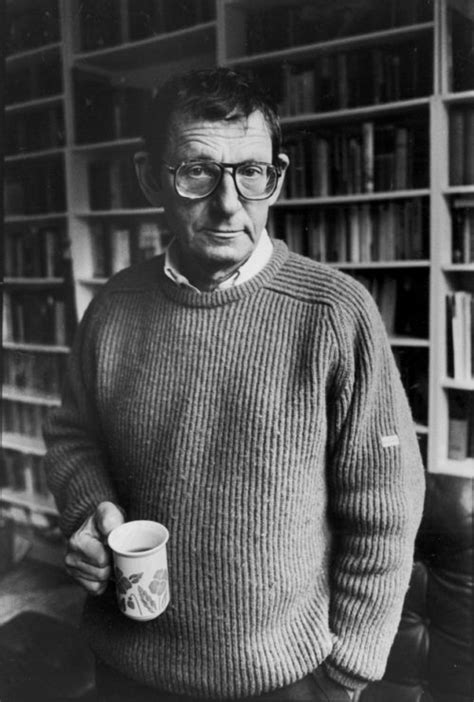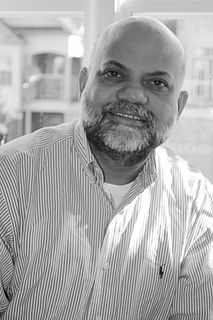A Quote by George W. Bush
The stakes are geopolitical in nature and I believe that democracies are - people want to live in free societies, democracies are the best way to do that, and that if people see democracies in the neighborhood, they'll demand the same thing.
Related Quotes
The moral case is, people say, "Oh they're not ready for democracy," but that's something someone who lives in a democracy would say about someone who doesn't live in a democracy. Well, if democracy is the highest form of human potential, then it can't be true for us and not for them. But, the practical case is democracies don't invade their neighbors. Democracies don't traffic in child soldiers. Democracies don't harbor terrorists as a state policy. So there's a reason to have more democratic states.
We have to realize that science is a double-edged sword. One edge of the sword can cut against poverty, illness, disease and give us more democracies, and democracies never war with other democracies, but the other side of the sword could give us nuclear proliferation, biogerms and even forces of darkness.
I want people to understand that, look, we're in a period of democratic deficit, democratic recession. There are fewer democracies in the world today than in 2005, and in many of the countries that are still technically democracies, we're seeing a reduction in the rule of law. And that's especially true in Central Europe, but it's also true of places like South Africa, the Philippines.
































